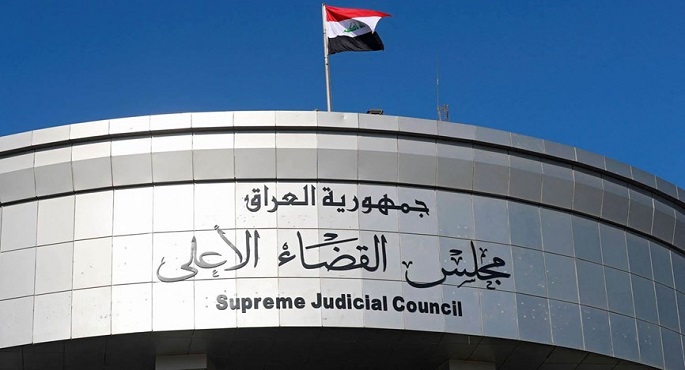
-
Published: 15 August 2022

As Iraq's political crisis has continued since the parliamentary elections held in October last year,
The crisis worsened on Friday, after the coordination framework, the main opponent of the chest, announced the start of a sit-in for supporters outside the Green Zone, where they demand the "formation of a national service government".
The leader of the Sadri movement in Iraq, Muqtada al-Sadr, said on Monday that the judiciary, which is based on a red line, even if there are demands for its reform, while those who sit in Baghdad demand a comprehensive reform of the country's political system.
An instruction from the chest stated that the protests calling for reform were peaceful and would remain so until the end, in all their details "and what is needed is reform of the whole system".
In a letter to his supporters, Al-Sadr said, "Your demands are to reform the system in all its details: judicially, legislatively and operationally, and to hold corrupt people accountable."
The leader of the Sadri movement in Iraq, Muqtada al-Sadr, said on Monday that the judiciary, which is based on a red line, even if there are demands for its reform, while those who sit in Baghdad demand a comprehensive reform of the country's political system.
An instruction from the chest stated that the protests calling for reform were peaceful and would remain so until the end, in all their details "and what is needed is reform of the whole system".
In a letter to his supporters, Al-Sadr said, "Your demands are to reform the system in all its details: judicially, legislatively and operationally, and to hold corrupt people accountable."
The Iraqi Judicial Council's statement was in response to calls by the leader of the Sadri movement, Muqtada al-Sadr, to dissolve the Council of Representatives, as a way to resolve the political crisis ravaging Iraq.
The statement said that the functions of the Council of the Judiciary "do not include any power that permits the judiciary to intervene in matters of legislative or executive power, in application of the principle of separation between the three legislative, executive and judicial powers enshrined in the Constitution."
In contrast, the Council affirmed that it agrees with Sadr "in diagnosing the negative political reality in the country and the continuing constitutional irregularities of the incomplete formation of constitutional authorities by electing a President and a Prime Minister and forming a government within constitutional terms."
